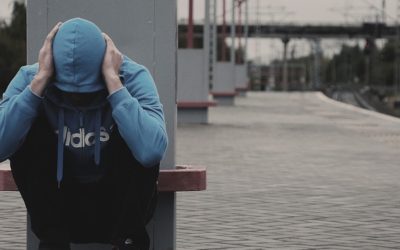This is a copy from the original article of DEVEX.
Creating livelihoods is among the most critical challenges in the Syrian refugee crisis. KOIS, a Belgium-based impact investing firm, is looking into whether a development impact bond focused on employment and entrepreneurship in Syria, Jordan, Lebanon, Turkey and Iraq could help.
On Monday, Convergence, a platform that connects and supports private, public and philanthropic investors with blended finance deals, announced a design grant to help KOIS fund a feasibility study for an impact bond in the region. KOIS is already working with the
International Committee of the Red Cross to develop a roughly $30 million humanitarian impact bond that will provide physical rehabilitation centers in conflict-affected countries.
A DIB could be a useful new financing tool in the refugee crisis, whose scale and duration have confounded conventional funding efforts. The average refugee now spends about 17 years away from home. Still, only a feasibility study will determine whether a DIB is the right solution, said Francois de Borchgrave, a founder and director of KOIS.
The organization will begin by examining interventions that lead to employment or livelihood generation. From there, KOIS will determine if it would be possible to design a DIB around them.
KOIS is currently at the first stage: scanning organizations in the region that are active in professional training, work placements and entrepreneurship support. They are assessing the interventions, what organizations are best placed to carry them out and how their impacts could be measured.
Impact measurement is critical in designing a DIB. Investors provide upfront capital for an intervention, which is then carried out by a service provider, often a nongovernmental organization. If the program achieves specific, closely measured results, then an outcome payor — typically a foundation or donor agency, though it could be a private corporation or individual as well — pays the investor based on how well the intervention succeeds.Get development’s most important headlines in your inbox every day.Subscribe
De Borchgrave said it may be quite difficult to measure the kind of outcomes necessary, particularly in an environment where there are few digital employment records. Further considerations include host countries’ policies on allowing refugees or migrants to obtain work permits.
The feasibility study will likely take about six months; KOIS hopes to complete it by the end of March. If the results are promising, KOIS will work to design the instrument and bring on board a group of outcome funders and investors, a process that would likely take between nine and 12 months.
Because DIBs are complex, they often require time and investment to set up. To offset those setup costs, KOIS is considering a large bond in the tens of millions of dollars.
“This is a social issue at scale, so we can deploy that type of capital,” Francois said.




